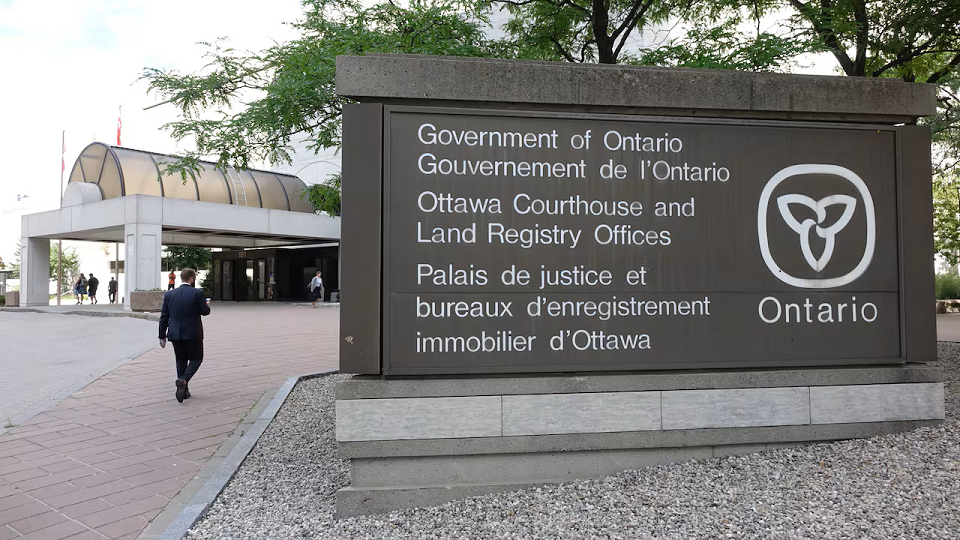Research and Community Engagement
See below for details on some of the research and community engagement the ICCJ faculty are working on:
Table of Contents
Nicolas Carrier

When examined en masse at the national level, almost half of all criminalized incidents filling criminal courts stem from three categories: small thefts, minor instances of physical violence, and administration of justice violations. We can refer to these categories as standard criminalized incidents (SCIs). At the national level, over the past 5 years, police reported more than 4 million of such incidents, and the current research project I am leading proposes to discover and understand ethnographically how they are routinely punished. While there is a rich scholarship documenting how the heavy policing and criminalization of indigent, marginalized, and racialized peoples is dependent upon the enforcement of relatively minor infractions, we know surprisingly little – particularly in Canada – about how standard criminalized incidents are punished. Although we have solid quantitative data on general patterns of criminal sentencing, we do not know how people are sentenced as individuals, nor how law conceives, and communicates about, punishment in the condemnation of SCIs.
Given the sheer volume of standard criminalized incidents to be processed, lower courts are constrained by a requirement for efficiency. Although this is certainly not a new observation (Mileski, 1971), increased pressures to ‘do more with less’ coupled with the consequences of an increased vitality in the policing of minor offenses (Natapoff, 2013) have led many to associate lower courts to a production line (Salet and Terpstra, 2019), a form of “McJustice” (Di Luca, 2005) where time-pressured legal actors need to ‘get through the list’ (Mack and Anleu, 2007), raising crucial questions about fairness and procedural justice. Despite the value of quantitative research on sentencing, many researchers have pointed out that it does not account for the concrete settings in which these practices occur. In the footsteps of Tata (2019), this project proposes to approach punishment (i.e., sentencing practices) as a social event implicating interpretive, processual, and performative dimensions. Following both naturalist and phenomenological ethnographic traditions, a key premise of the project is that understanding the punishment of SCIs is dependent upon the understanding of the peculiar environment of lower courts. These bounded spaces in which criminal justice is produced are complex and diverse sites where specific legal and professional norms and practices are reproduced and challenged. The research examines the social environment of the plea court: a high-volume court designed to efficiently manage low-level infractions, a significant proportion of which are standard criminalized incidents.
Lara Karaian

My current SSHRC funded research project examines how sextech—new technologies that enhance, innovate, or disrupt human sexual experience—affects us as well as our understanding of ‘sex crime’.
To date, much of this research examines debates regarding Artificial Intelligence (AI), Virtual Reality (VR), and robotics. The emergence of so-called ‘sex robots’ have given rise to legal questions about sexual harm, obscenity, and sex work. At the same time, sex robots invoke questions about sexual expression, sexual fantasy, and shifting sexual norms. Part of my current research project examines sex robots’ complex relationship to the stigmatization and criminalization of sex work, the municipal regulation of “sex robot brothels,” and the socio-legal regulation and criminalization of sexual fantasy.
Additionally, this research project examines the use of generative AI and deep learning interfaces to create sexual images, commonly referred to as deepfake pornography. Drawing on mainstream debates, legislative development, and case law, as well as an array of theoretical orientations and frameworks, I critically examine the claim that deepfake pornography is best understood as gender based sexual violence and/or as “virtual rape” necessitating new criminal legal categories and punitive measures.
This research builds on my previous SSHRC funded study: “Selfies, Sexuality, and Teens: A Canadian Study.” In that study I examined how youths’ consensual teenage digital sexual expression (commonly referred to as sexting) was conceptualized and responded to by child protection agencies, police, courts, and legislators, often resulting in the criminalization of youth as child pornographers. A related but smaller project, funded by the Canadian Bar Association’s Foundation for Legal Research, examined judicial interpretations of the ‘private use exemption’ to Canada’s child pornography laws and how teenagers’ digital sexual practices are captured by and challenge this legal exception.
Madalena Santos
My program of research includes the study and practice of intersectional approaches to justice in settler colonial states. Through textual analysis of historical and contemporary documents, I explore the juncture of morality, class, race, gender, ability, and sexuality in the exclusion and removal of so-called ‘vicious classes’, Indigenous peoples, and migrants as well as limits placed on their movement. In so doing, I trace present-day modes of social control to past techniques of segregation and elimination. I also consider practices of epistemic violence by state and non-state actors in the exclusion and ejection of peoples deemed unworthy or undesirable as well as how these moves are contested by those who have been marginalized or criminalized.
I have published on Palestinian solidarity and resistance to settler colonialism as well as on the criminalization of social media activism. My previous research with Dr. Augustine Parkook a victim-centred approach to understanding reparations by actively including the voices of South African apartheid victims and recognizing victims as experts in their own lives. This research was published in the winter issue of the Journal of Law and Society (Park and Santos 2022) https://doi.org/10.1111/jols.12400.
I am presently conducting research in three separate but related areas: state crime, the targeting and killing of journalists as well as the criminalization of protest speech and expression. Through this study, I seek to examine the relationship between distinctive state actors in the ongoing genocide of Palestinians in Gaza. I plan to integrate my research into ICCJ course work, teaching, and student opportunities.